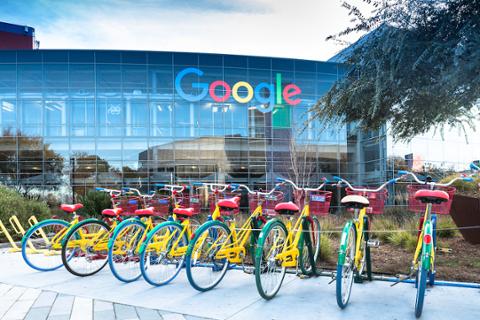As COVID-19 sweeps the globe, forcing the mass shutdown of everything from schools to restaurants, life for many people is undergoing some big changes. Millions of people are now practicing self-isolation and working remotely, including many in tech: Google and other firms have radically expanded their work-from-home policies over the past few days.
As folks hunker down, they’re going to rely on delivery and gig-economy companies such as Instacart, Uber (specifically Uber Eats), and DoorDash to deliver their needed supplies (re: pizza). Because of that, the next few months could be incredibly stressful (and interesting) for the software engineers at those companies, especially those who lead teams. Spikes in demand, combined with new regulations and an uncertain supply of gig workers, could lead to a variety of issues that will need to be solved or mitigated with code.
In addition, another gig economy company, Airbnb, may face a chaotic few months. With people traveling far less, the company is already taking drastic steps to adjust, including an expansion of its cancelation policy. As a result, its front-end and back-end engineers may find themselves wrestling with new crises and spikes (or dips) in demand.
Fortunately, the senior software engineers at these firms are well-compensated, according to levels.fyi, which crowdsources anonymous compensation data from many of the world’s tech firms. For this piece, we decided to focus on those technologists because they’ll often be leading teams and trying to figure out solutions to unheard-of problems, earning every penny of their compensation in the process:
(A brief note: Although anonymous crowdsourcing isn’t the most scientific way of collecting data, data from levels.fyi generally tends to align with the crowdsourced information available on sites such as Glassdoor, which makes us reasonably confident in its salary ranges. As with all things compensation-related, though, salary can also vary wildly from employee to employee, depending on their experience, skills, and even how they negotiated their initial job offer.)
Right before COVID-19 hit, Dice’s 2020 Salary Report revealed that 93 percent of technologists want to work remotely at least part of the time. However, only 60 percent of respondents said their company actually gave them that benefit. It will be interesting to see whether that percentage changes, even after the COVID-19 situation (hopefully) subsides.
For those software engineers who are working from home, but aren’t used to doing so, stay aware that “maximum communication” is key. Your managers and project leaders want to hear from you frequently, and may even slot more meetings onto your calendars to do so. Frequent check-ins with your team, even if not strictly mandatory, are also a really good thing. Establishing a remote routine—with set working hours—can also help you stay focused (and sane) if you’re self-quarantining.
For more COVID-19 content, check out the COVID-19 Jobs Resource Center.



